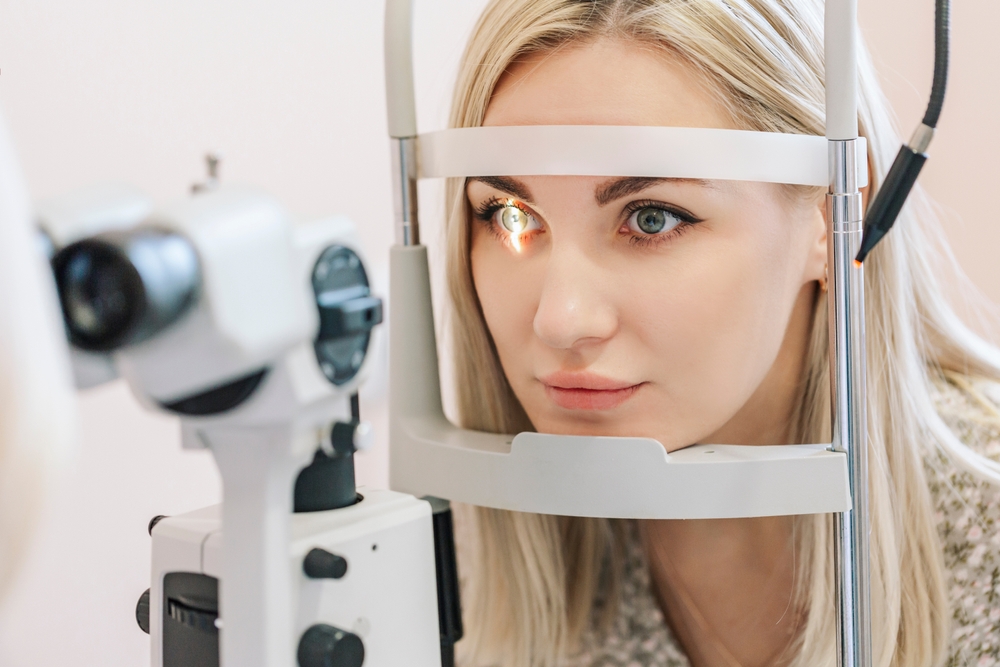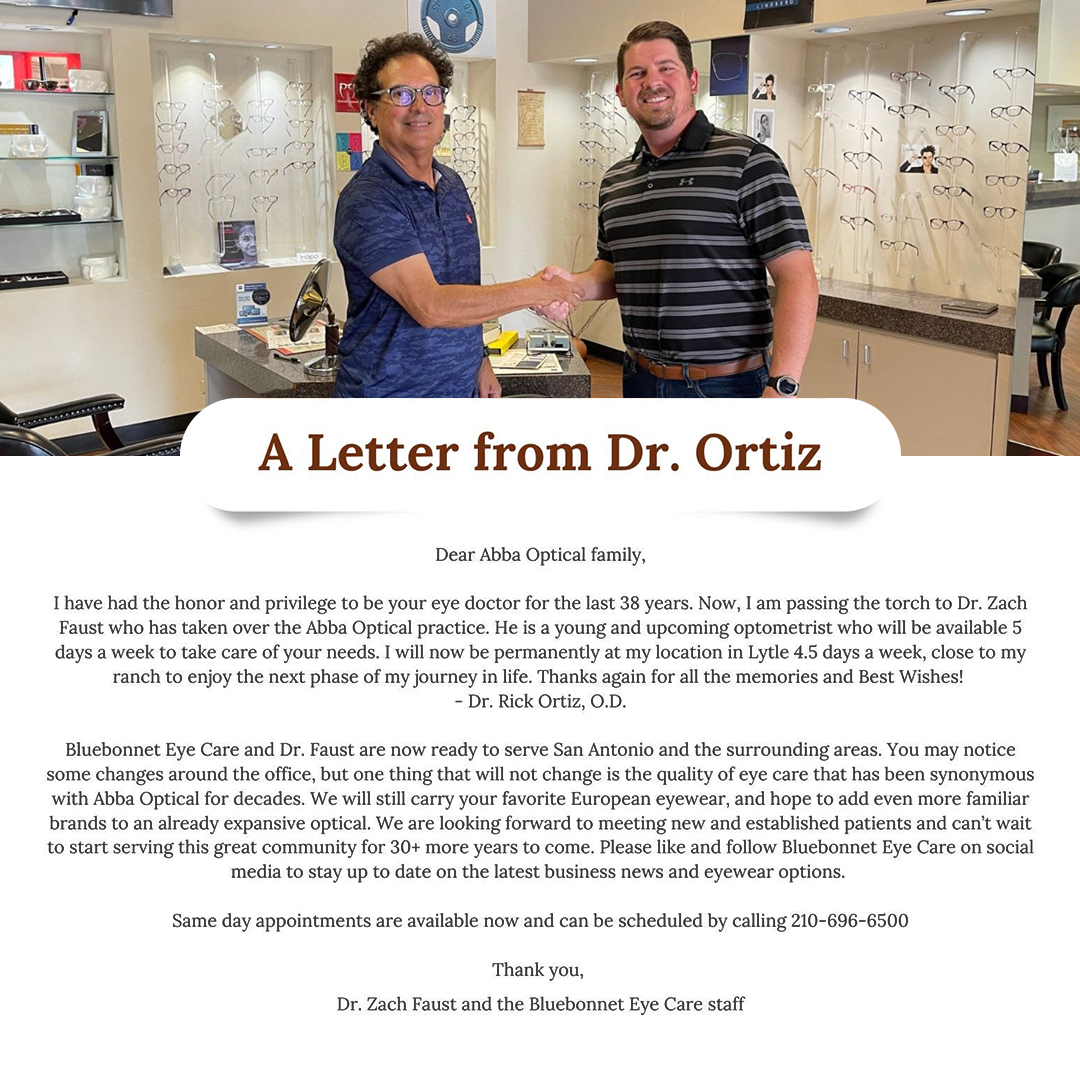
Many believe seeing an eye doctor is only necessary if they have poor vision or a preexisting eye condition. This is not always the case. A comprehensive eye exam can reveal vital information about your overall health.
A dilated eye exam can detect signs of various health conditions. So, your eye's condition can often reflect the body's overall health. Since early detection of severe health conditions is critical, an annual eye exam should be part of your wellness routine.
What Are Regular Eye Exams?
Routine eye exams are examinations of your eyes and visual system's health. They usually consist of tests to evaluate your vision and screen for common eye problems or diseases. During an eye exam, your eye doctor will inquire about your medical history and any vision issues you may be experiencing. He/she will also assess your visual acuity or ability to see clearly at various distances.
Other tests that your eye doctor may perform include the following:
Checking the pressure inside your eyes
Examining the front and back of your eyes
Evaluating your eye movement and coordination
These tests can also detect farsightedness, nearsightedness, cataracts, astigmatism, glaucoma, and age-related macular degeneration.
How They Can Detect Early Signs of Health Conditions
Your eye doctor will not only check the health of your eyes and vision during a routine eye exam; additionally, he/she may also detect early signs of other health conditions. That is due to the link between the eyes and the rest of the body via a network of blood vessels and nerves. So, changes in the eyes can sometimes be an indication of a more significant health issue.
Health Conditions That a Routine Eye Exam Can Detect
Your eye doctor can detect early signs of several health conditions during a routine eye exam, including:
Cancer
An eye exam can sometimes detect cancerous cells in the eye or elsewhere in the body. However, it is not a test meant to diagnose cancer. During an eye exam, the eye doctor may look for cancer-related abnormalities in the eye or surrounding tissues. If a doctor has cancer suspicions, they could suggest more testing or refer the patient to a specialist for extra analysis.
Hypertension
An eye exam can sometimes detect early signs of hypertension or high blood pressure. Hypertension is a common condition in which blood vessels narrow, forcing the heart to work harder to pump blood throughout the body. Over time, it can cause serious health problems such as heart disease, stroke, and kidney damage.
Diabetes
The eye doctor may look for signs of diabetes in the blood vessels and nerves of the eye during an eye exam. Blood vessels in the eye are smaller and more delicate than those elsewhere in the body. So, changes in these vessels may be more visible. The doctor may look for signs of blood vessel damage, such as bleeding or swelling, which could indicate diabetes.
Bottom Line
Healthy eyes are an essential component of overall health. You could save yourself vision and health problems soon and for years to come if you maintain your eye health and keep up with regular eye exams.
For more on eye exams, call Bluebonnet Eye Care at our office in San Antonio, Texas. Call (210) 696-6500 to schedule an appointment today.











